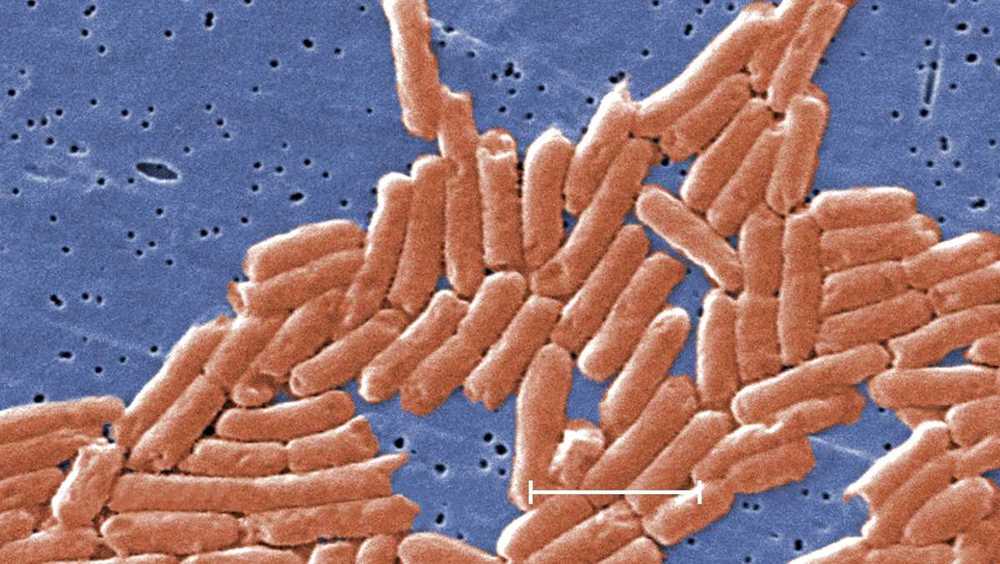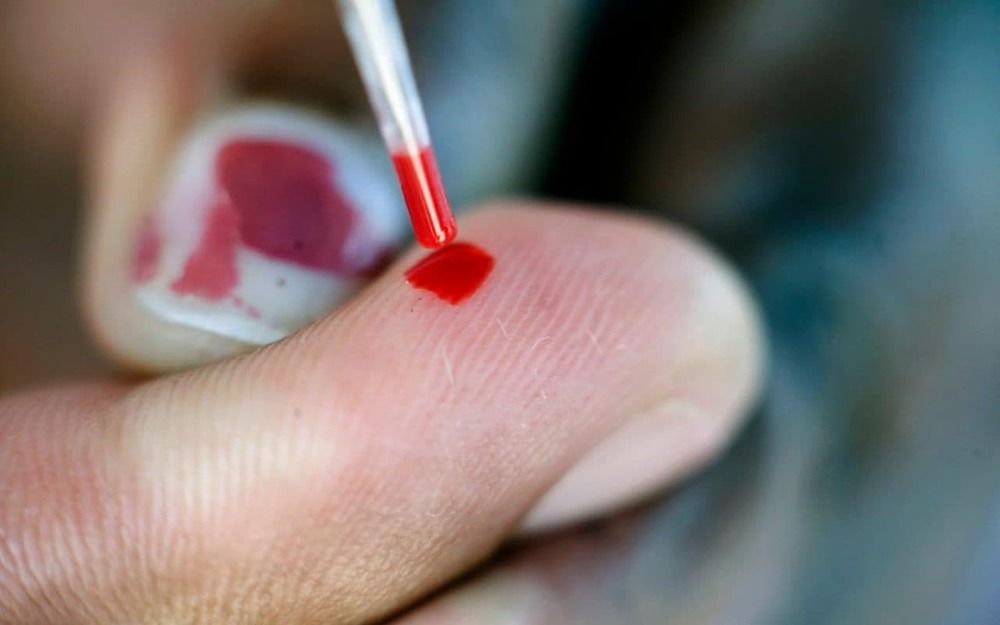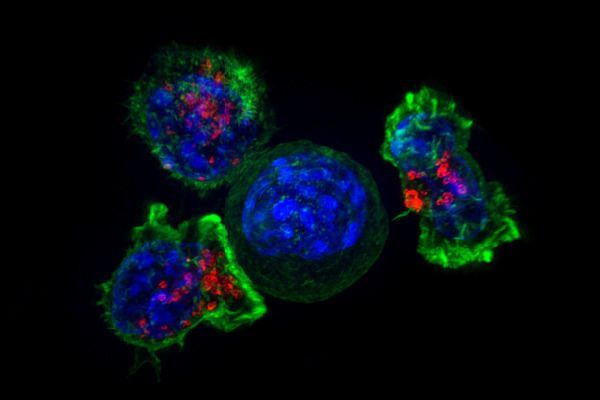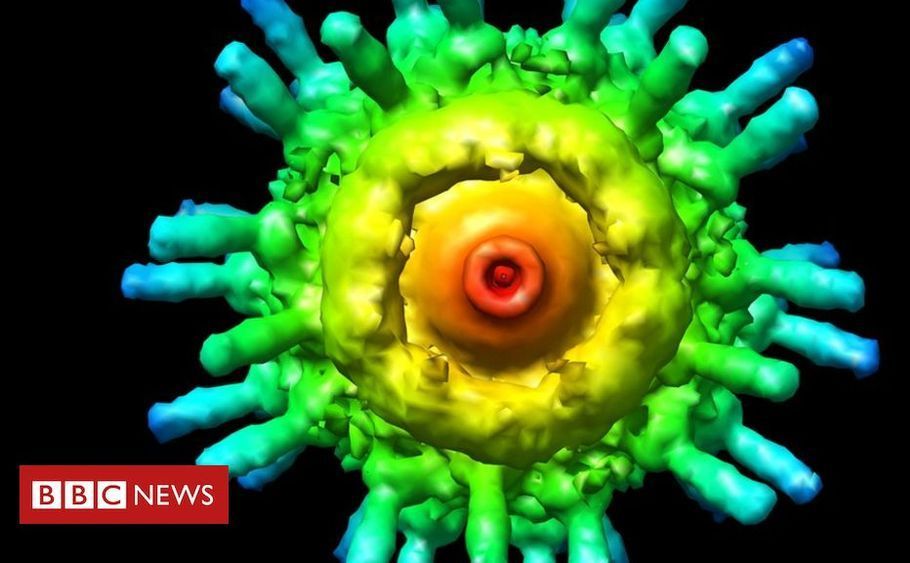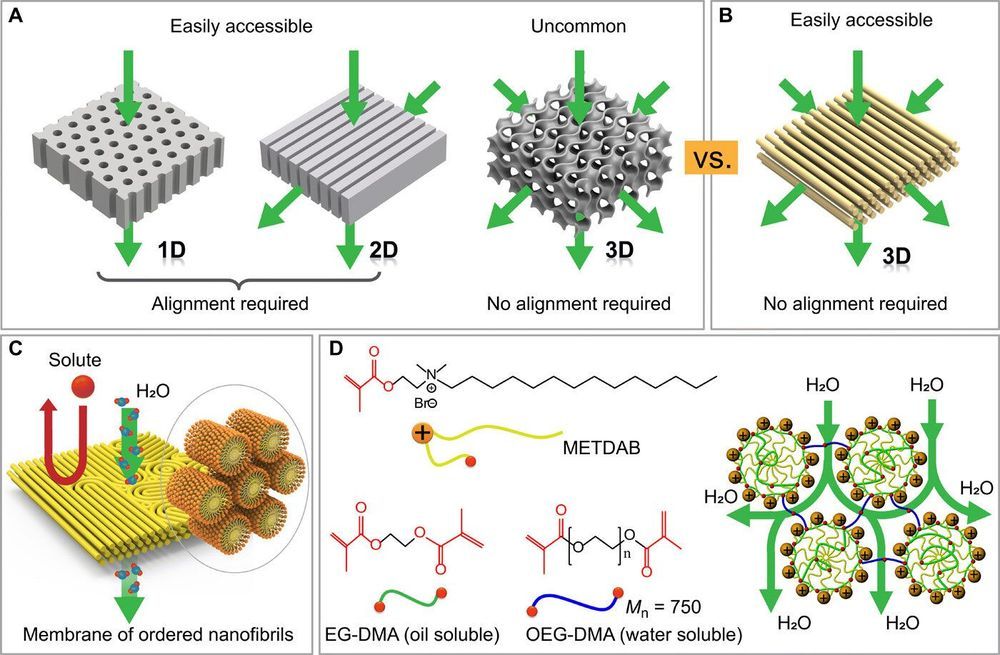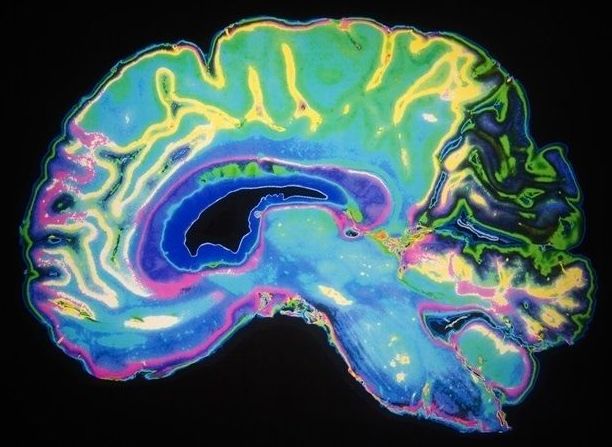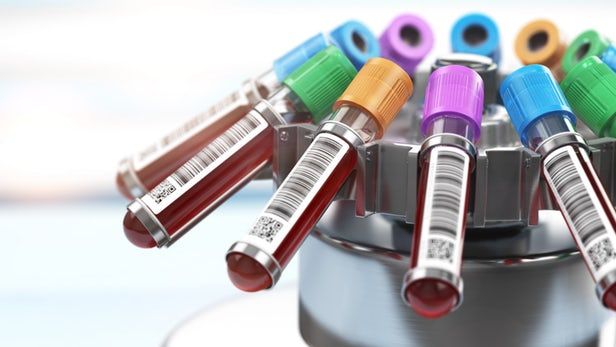Circa 2017
We have reported a new phenomenon in acute wound healing following the use of intracellular ATP delivery—extremely rapid tissue regeneration, which starts less than 24 h after surgery, and is accompanied by massive macrophage trafficking, in situ proliferation, and direct collagen production. This unusual process bypasses the formation of the traditional provisional extracellular matrix and significantly shortens the wound healing process. Although macrophages/monocytes are known to play a critical role in the initiation and progression of wound healing, their in situ proliferation and direct collagen production in wound healing have never been reported previously. We have explored these two very specific pathways during wound healing, while excluding confounding factors in the in vivo environment by analyzing wound samples and performing in vitro studies. The use of immunohistochemical studies enabled the detection of in situ macrophage proliferation in ATP-vesicle treated wounds. Primary human macrophages and Raw 264.7 cells were used for an in vitro study involving treatment with ATP vesicles, free Mg-ATP alone, lipid vesicles alone, Regranex, or culture medium. Collagen type 1α 1, MCP-1, IL-6, and IL-10 levels were determined by ELISA of the culture supernatant. The intracellular collagen type 1α1 localization was determined with immunocytochemistry. ATP-vesicle treated wounds showed high immunoreactivity towards BrdU and PCNA antigens, indicating in situ proliferation. Most of the cultured macrophages treated with ATP-vesicles maintained their classic phenotype and expressed high levels of collagen type 1α1 for a longer duration than was observed with cells treated with Regranex. These studies provide the first clear evidence of in situ macrophage proliferation and direct collagen production during wound healing. These findings provide part of the explanation for the extremely rapid tissue regeneration, and this treatment may hold promise for acute and chronic wound care.
Wound healing is a complex and dynamic process involving the replacement of devitalized and missing structures. The traditional view of wound healing is that it involves hemostasis, inflammation, proliferation, and remodeling, and these steps result in a lag of 3–6 d before reepithelialization starts [1,2]. We have discovered that the intracellular delivery of adenosine triphosphate using ATP-vesicles as an acute wound treatment enhances wound healing [3,4]. The most unprecedented finding was that new tissue started to generate within 24 h, and it continued to grow to eliminate the wound cavity quickly [4–6]. This growth was attained by early and massive monocyte/macrophage trafficking, proliferation, and fast collagen production for direct formation of extracellular matrix (ECM).
